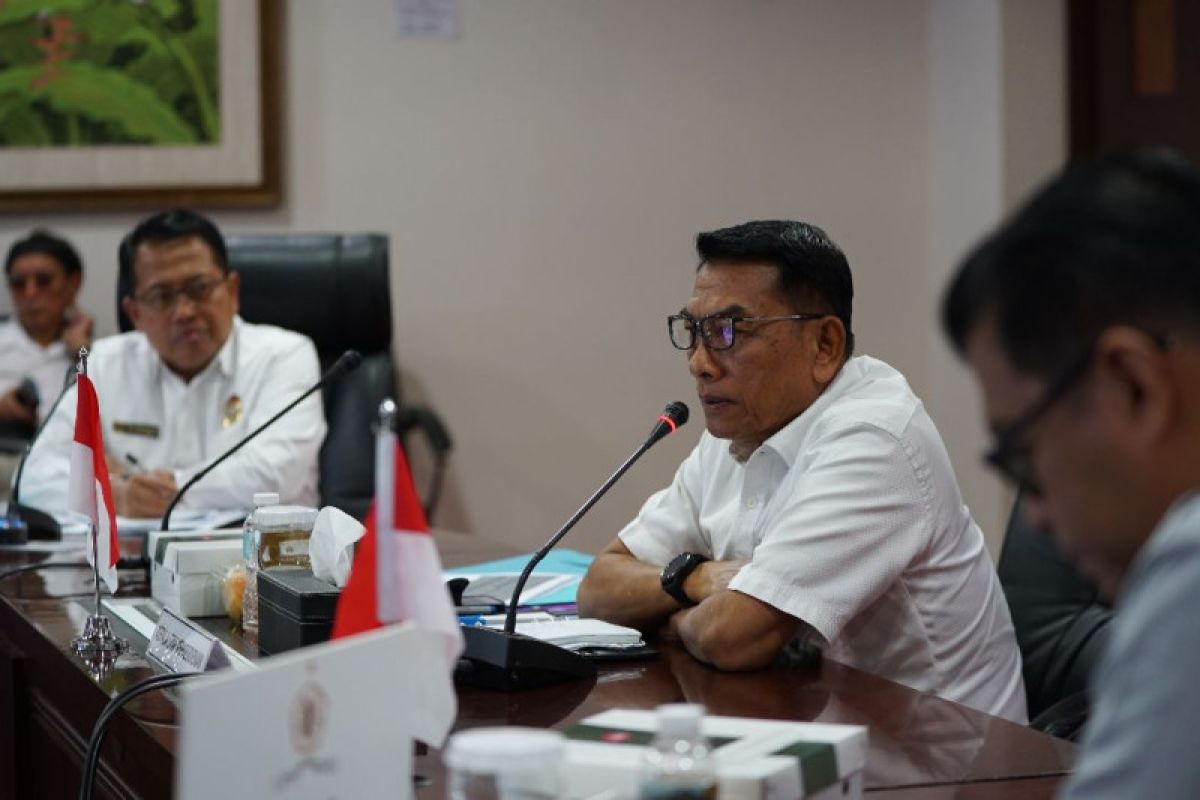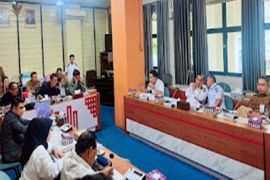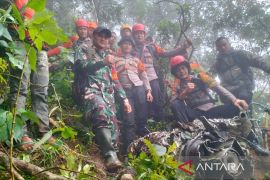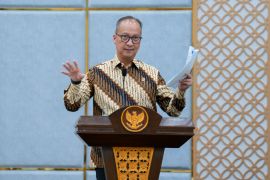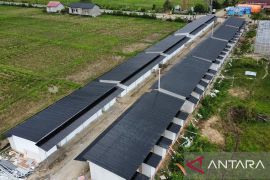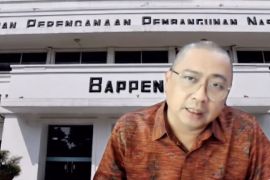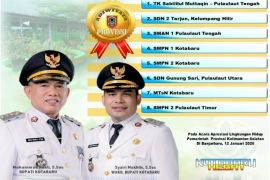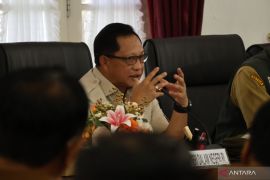Jakarta (ANTARA) - The Presidential Staff Office (KSP) convened a meeting with national stakeholders to deliberate on regions with security vulnerabilities and preventive measures against security threats, especially amid high political dynamics before the 2024 elections.
The meeting held on Tuesday was presided by KSP Chief Moeldoko and joined by National Resilience Institute (Lemhannas) Head Andi Widjajanto and National Resilience Council (Wantannas) Secretary General, Vice Admiral Dadi Hartanto.
"This meeting is a follow-up to the memorandum of understanding (MoU) between the Presidential Staff Office, Lemhannas, and Wantannas inked on May 23, 2023," Moeldoko informed, according to a statement released the same day.
He said that the MoU requires the three agencies to synergize and monitor strategic issues and priority programs by establishing a task force comprising representatives from each agency.
During the meeting, the KSP head emphasized the need to map regions with security vulnerabilities as the intensity of conflict differs from one region to another.
The mapping should not stop at the district level, but continue to the sub-district level to ensure the correct handling of conflicts, Moeldoko stressed.
He said a humane approach is needed in security operations through territorial operations, including providing social safety by involving military officers as the main actors.
Moeldoko further said that government ministries and agencies should synergize to maintain security and prosperity, as seen in Papua for instance.
"Security and people's prosperity is in concurrence, therefore local issues should not be handled only by the military and the police, but also by ministries," the KSP head added.
Meanwhile, Lemhannas Head Widjajanto said that his side has organized coordination meetings and focus group discussions on vulnerable region classification.
He highlighted the need to synchronize indicators for classifying vulnerable areas to support coordination, exchange of information, and better understanding between the police, the military, and intelligence agencies.
"It will help relevant institutions identify, analyze, and handle security threats in a region," Widjajanto said.
Wantannas chief Hartanto also stressed the need for data synchronization and collaboration among national security agencies.
"If the data has been integrated properly, the handling can be more accurate. We suggest this be included in existing regulations," he added.
Related news: Indonesia invites ASEAN, partners to respond to security challenges
Related news: Ministry holds workshop to tackle misinformation ahead of election
Related news: Govt to continue holding 2024 Regional Head Elections as scheduled


